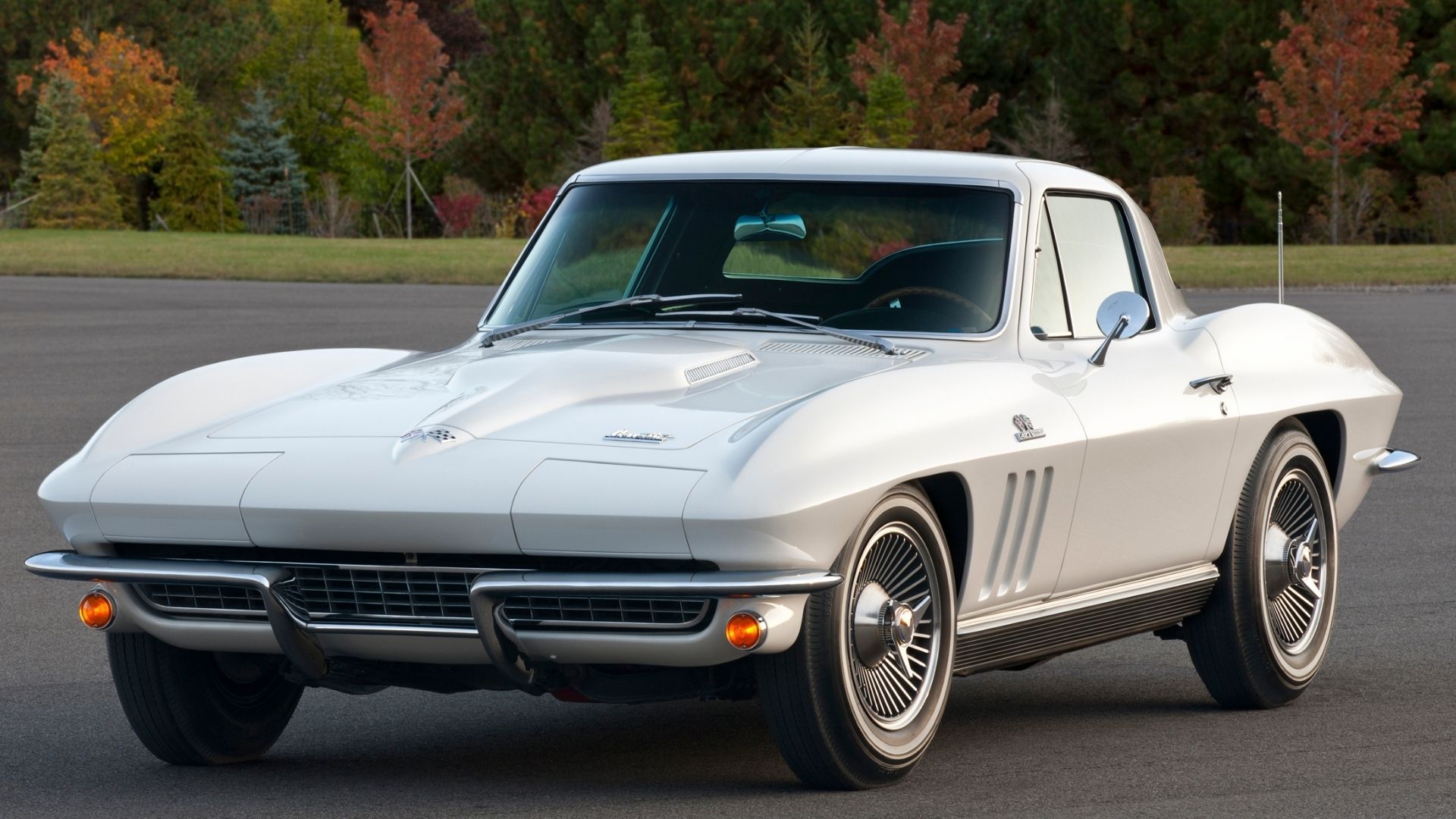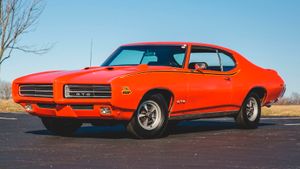How about no!
Some people think the key to happiness for the masses is that we own nothing, including hobby cars. That’s right, there are those in positions of high power who are scheming to take away your beloved rides all in some quest for a utopian society or some such nonsense. This was displayed in most interesting fashion by an article recently published by GQ Australia, a magazine which used to cater to men.
Learn why heavily armed EPA agents are raiding auto shops here.
In the GQ Australia article, the author argues that Millennials can’t own anything, likely because she doesn’t own a house, cool car, etc. She even leads with “Millennials killed the collectible” which is utter nonsense. We’ve highlighted before how Millennials are actually helping to further interest in cars, even if they don’t do so in exactly the same ways Boomers or Gen Xers have done (not like they did with their cars what previous generations preferred).

Since supposedly everyone will end up owning nothing and be all the happier for it, the GQ article proposes the solution for not owning cool, collectible cars is NFTs. If you don’t know, NFT stands for “non-fungible token.” It’s a digital collectible which can be sold or traded. People pay ridiculous amounts of money for NFTs of all sorts, including artwork. Well, now there apparently are NFT cars you can collect if you don’t like driving.
These “crypto cars” are apparently disrupting the automotive industry in big ways – that’s what the story says. Journalists just love talking about some new technology disrupting some industry because it sounds cool. Only, they don’t think about people’s livelihoods being disrupted, or maybe they just don’t care.

Yep, you too could own a “digital garage of your dreams” for a steep sum, yet not actually own anything of material. This author seems to miss one of the biggest advantages of collecting cars: you get to drive them. True, some collectors don’t drive their rides because they’re strictly investments. We don’t endorse that, but everyone has the freedom to do with their property as they will. Ultimately, cars were made to be driven, and some of the most collectible cars out there are extremely entertaining to drive.
This collecting of NFT cars is then equated to people collecting model cars or Hot Wheels. Those you can put on a shelf and admire and even handle. Call us old fashioned, but a digital car you can look at on a screen is just like browsing any online site, admiring vehicles you can’t afford. We can do that already and we do, so why would be pay to do that?

Of course, this whole NFT car collecting thing is spun as a great way to blur the lines between the digital and physical worlds. If people want to pay real money for a car or anything else that doesn’t exist in what we like to call reality, is there any harm in that?
Well, there could be. Many government bureaucrats and other leaders seem intent on seeing personal car ownership decline. Oh, it’s to benefit the environment, ensure equity among the masses as everyone’s herded onto public transportation, or is a way to combat the shrinking spaces we have to fit everything because there are apparently too many people. At least we’re told these things. But the reality is some people have a real problem with the individual freedom car ownership provides. You can make up your own mind about why that might be.
In Australia, these sorts of ideas have spread like wildfire. That’s why there are no uniquely Australian automakers anymore. Muscle cars and utes are looked upon with derision by many younger, more enlightened Aussies. We’re seeing similar attitudes here in North America. Being a car enthusiast makes you selfish since you supposedly care more about vehicles than people, etc. It’s easy to jump from that to pushing for people to just collect digital cars since it’s “more responsible.”
Sure, some might think I’m stretching here and that’s fine. But these sorts of subtle attacks on car enthusiast community are designed to be sly and subtle, so much that anyone who points them out risks looking crazy to those who aren’t paying attention.
Check out the GQ Australia article here.






